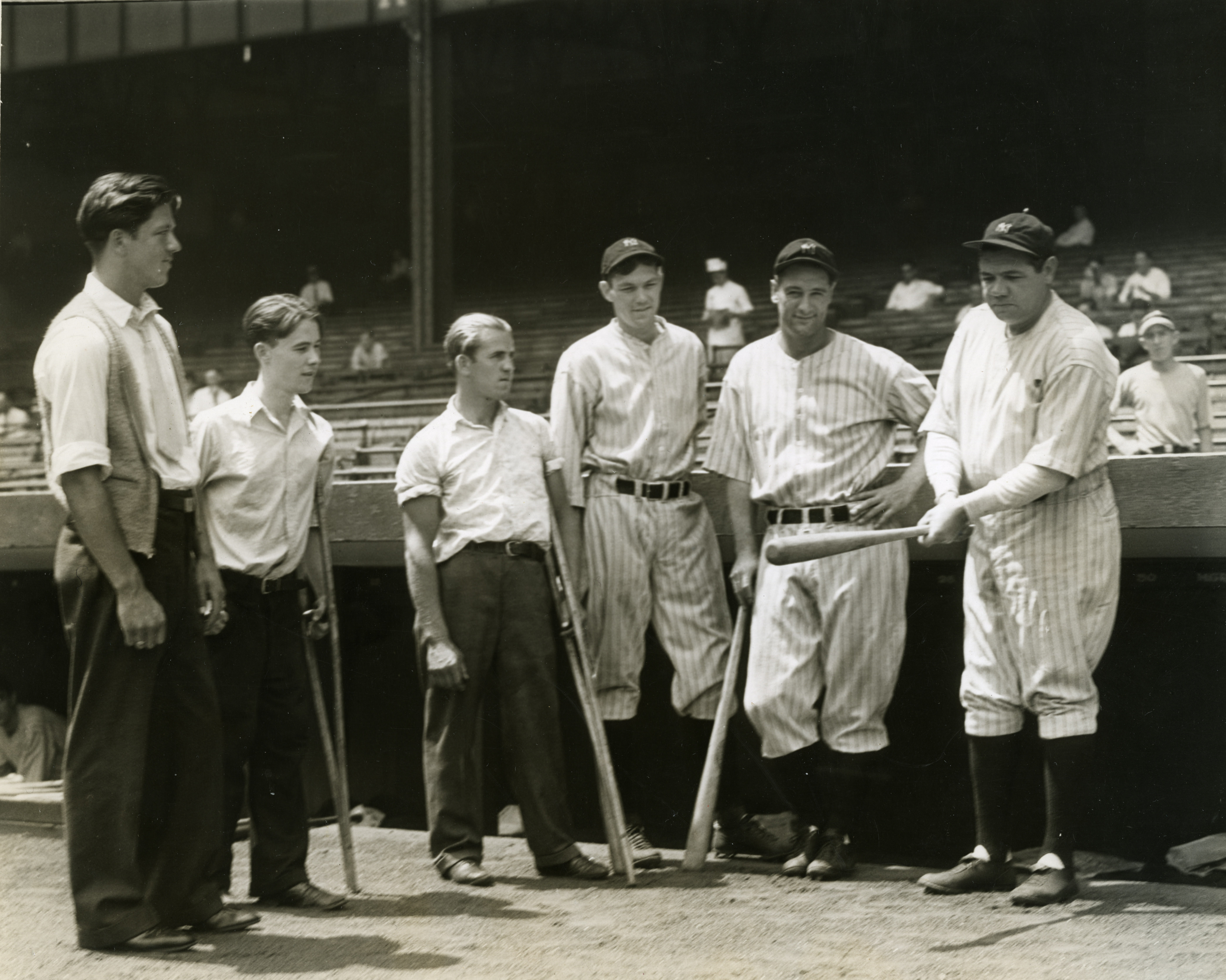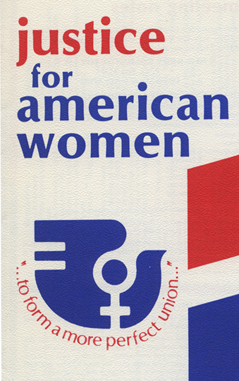International Brotherhood of Paper Makers Local 1 (Eagle Lodge : Holyoke, Mass.) Records
First organized as Eagle Lodge in Holyoke, Massachusetts, the United Brotherhood of Paper Makers was granted a charter by the AFL in May 1883. Almost as soon as the union was established, however, it faced a serious struggle for power from within. Hoping to maintain their higher economic and social status, the machine tenders ultimately organized their own union, and the two remained separate for a number of years until they finally merged in 1902 as the International Brotherhood of Paper Makers.
The surviving records of the Eagle Lodge, Local 1 of the International Brotherhood of Paper Makers, include by-laws, minutes, correspondence, some contracts, a ledger, and three histories of the local and the early days of the union.



